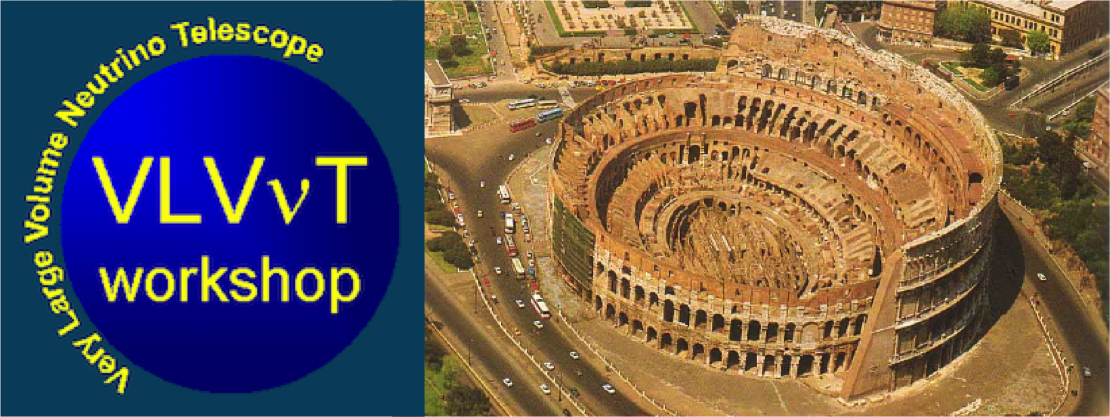Speaker
Antonio Marinelli
(Institute of Physics, Pisa)
Description
The IceCube collaboration recently released the results of an updated measurement of the astrophysical neutrino flux based on four years of observation. The origin of this emission is still unknown due to the large uncertainties related to the poor angular resolution of shower-like events. While the present results are consistent with a isotropic flux a recent maximum-likelihood analysis of combined IceCube neutrino samples reported a larger and softer spectrum for the neutrinos coming from the South hemisphere with respect to those coming from the North hemisphere. This result suggests the presence of a significant component of diffuse galactic neutrinos in the reported samples of events. The galaxy is known to be a guaranteed source of a diffuse neutrino emission due to the interaction of the hadron component of the galactic cosmic-ray with the interstellar gas. Although conventional models predict a very low flux, here we present a new comprehensive scenario of Galactic cosmic-ray transport with a radially-dependent diffusion coefficient predicting a significantly larger emission. This model has been already proposed to solve several long standing anomalies of Galactic gamma-ray astronomy as those found by Fermi-LAT above 10 GeV and by Milagro and HESS above the TeV. We show as the predictions of our phenomenological model differs from those of the standard scenario with a uniform diffusion coefficient. Moreover, considering different portions of the Galactic plane, we show what are the current constraints on Galactic neutrino modeling from IceCube and ANTARES observations and how the construction of the new KM3NeT/ARCA observatory can be crucial to disentangle the scenarios recently proposed.
Primary author
Antonio Marinelli
(Institute of Physics, Pisa)




